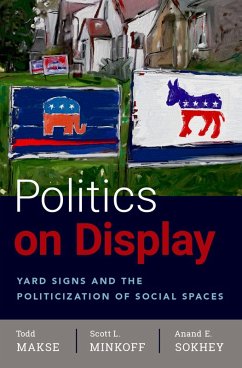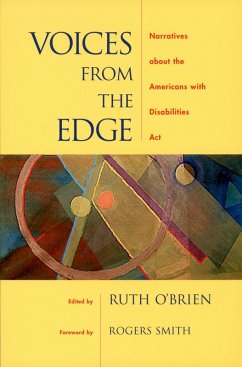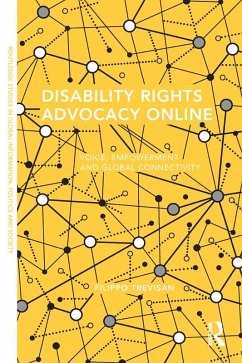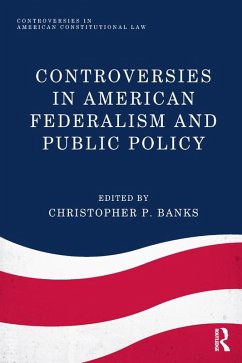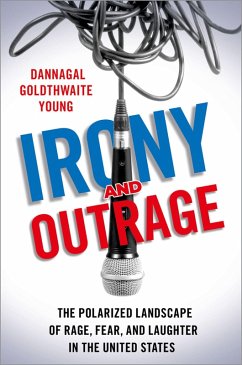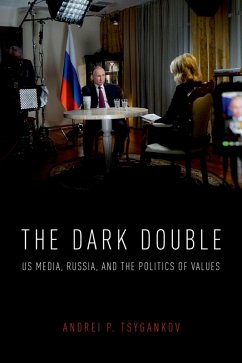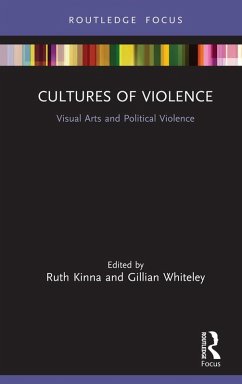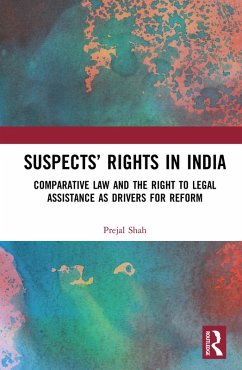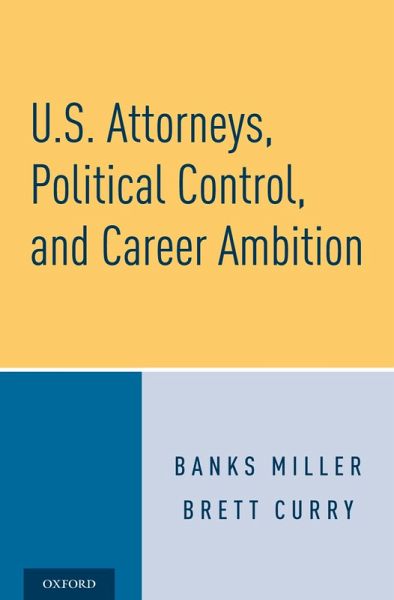
U.S. Attorneys, Political Control, and Career Ambition (eBook, PDF)

PAYBACK Punkte
12 °P sammeln!
United States Attorneys (USAs), the chief federal prosecutors in each judicial district, are key in determining how the federal government uses coercive force against its citizens. How much control do national political actors exert over the prosecutorial decisions of USAs? This book investigates this question using a unique dataset of federal criminal prosecutions between 1986 and 2015 that captures both decisions by USAs to file cases as well as the sentences that result. Utilizing intuitions from principal-agent theory, work on the career ambition of bureaucrats and politicians, and selecte...
United States Attorneys (USAs), the chief federal prosecutors in each judicial district, are key in determining how the federal government uses coercive force against its citizens. How much control do national political actors exert over the prosecutorial decisions of USAs? This book investigates this question using a unique dataset of federal criminal prosecutions between 1986 and 2015 that captures both decisions by USAs to file cases as well as the sentences that result. Utilizing intuitions from principal-agent theory, work on the career ambition of bureaucrats and politicians, and selected case-studies, the authors develop and advance a set of hypotheses about control by the President and Congress. Harnessing variation across time, federal judicial districts, and five legal issue areas - immigration, narcotics, terrorism, weapons, and white-collar crime - Miller and Curry find that USAs are subject to considerable executive influence in their decision making, supporting findings about the increase of presidential power over the last three decades. In addition, they show that the ability of the President to appoint USAs to higher-level positions within the executive branch or to federal judgeships is an important mechanism of that control. This investigation sheds light on how the need to be responsive to popularly-elected principals channels the enormous prosecutorial discretion of USAs.
Dieser Download kann aus rechtlichen Gründen nur mit Rechnungsadresse in A, B, BG, CY, CZ, D, DK, EW, E, FIN, F, GR, HR, H, IRL, I, LT, L, LR, M, NL, PL, P, R, S, SLO, SK ausgeliefert werden.





